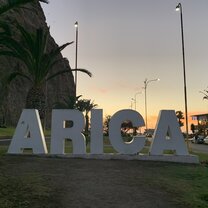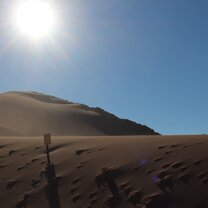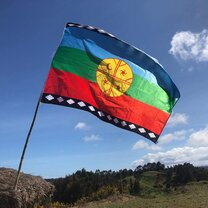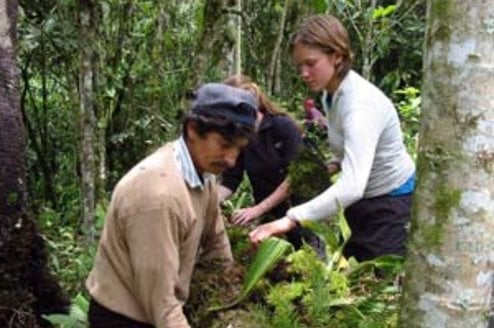SIT Chile: Public Health & Traditional Medicine
- Chile
View Other Details
Program Details
Pricing
About Program
Gain unique insight and exposure to healthcare policies, politics, and delivery methods as well as traditional medicinal practices in Chilean communities.
Central to the program is an analysis of health reform intended primarily to improve health conditions of disadvantaged groups, particularly those in Chile, while also improving healthcare access for the population at large.
Students carefully examine intercultural health and alternative healthcare practices in the context of Chile as well as southern Peru. Students consider different conceptions of wellness and healing, including beliefs and health practices of the Aymara and Mapuche indigenous groups. The program gives students the opportunity to experience Chile's health system firsthand with guided, insightful visits to public and private health centers.








